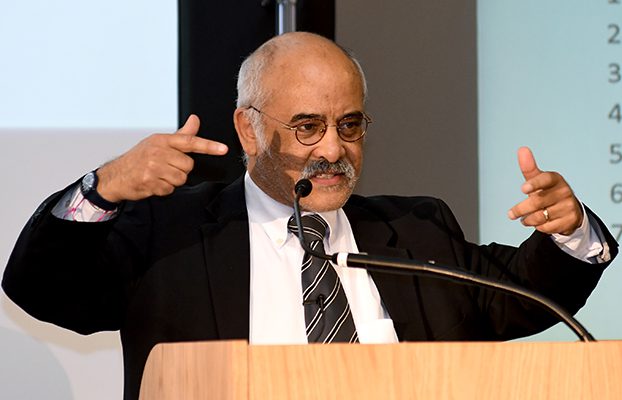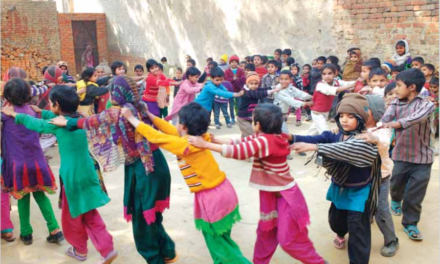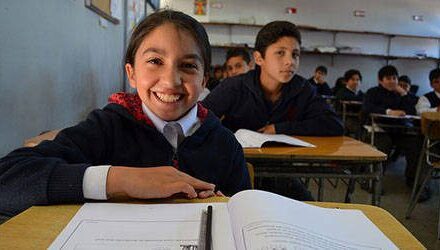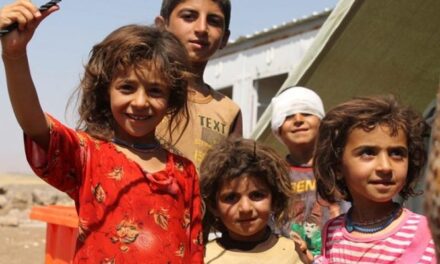Redefining new humanism for achieving education for sustainable development
Crain Soudien, Human Sciences Research Council, South Africa
Crain’s keynote in the opening plenary reflected on the significance of important shifts that have taken place in the broad field of the humanities in the last 20 years on understandings of development.
He is particularly interested in the debates that have emerged around what it means to be human – plural sentience, plural consciousness, plural knowing – and the significance of these developments on, firstly, what is thought to be important and necessary for the process of education and, secondly, for what is prioritised in political and economic policy with respect to development. He asked, does this discussion in the humanities requires the attention of scholars and practitioners in the field of education and development?
Development embraces multidimensionality which considers the potential of human beings to think critically. Inequality continues to grow exponentially and gives rise to a series of issues. There is a rise in global divisions – we need to engage across sectors to learn new paradigms and explore new ideas, and be open to challenge existing and dominant paradigms.
Crian outlined the three pillars of a new humanism, which need to be considered in a balanced and integrated way: social, environmental and economic. ‘New humanism’ is an expression of dissatisfaction with classic definitions of humanism which are imperial. It gives rise to new opportunities and challenges. We need to work across sectors to become more self-aware, critically reviewing dominant philosophies, being aware of what is occurring outside of academia and engaging with new actors in development.
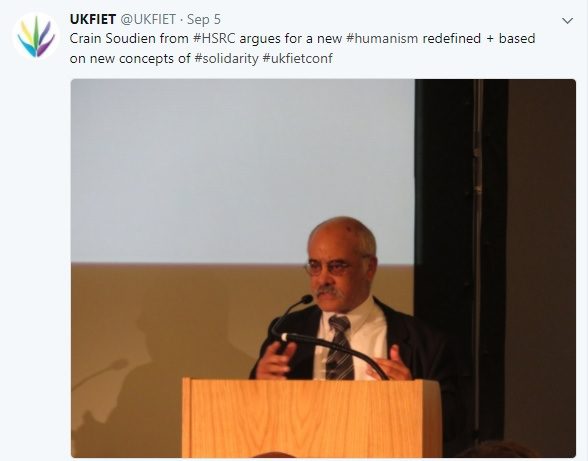 |
 |
 |
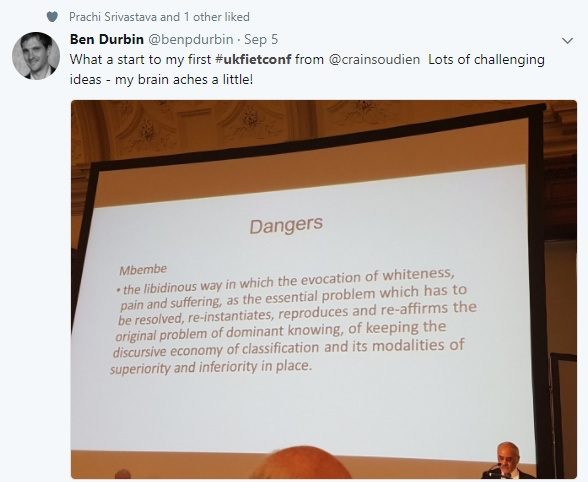 |
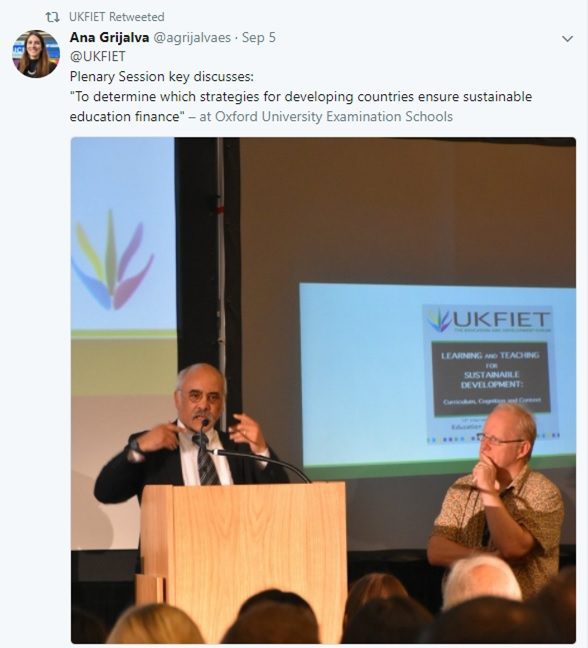 |
See Alice Albright’s presentation in the second speech of the Opening Plenary

